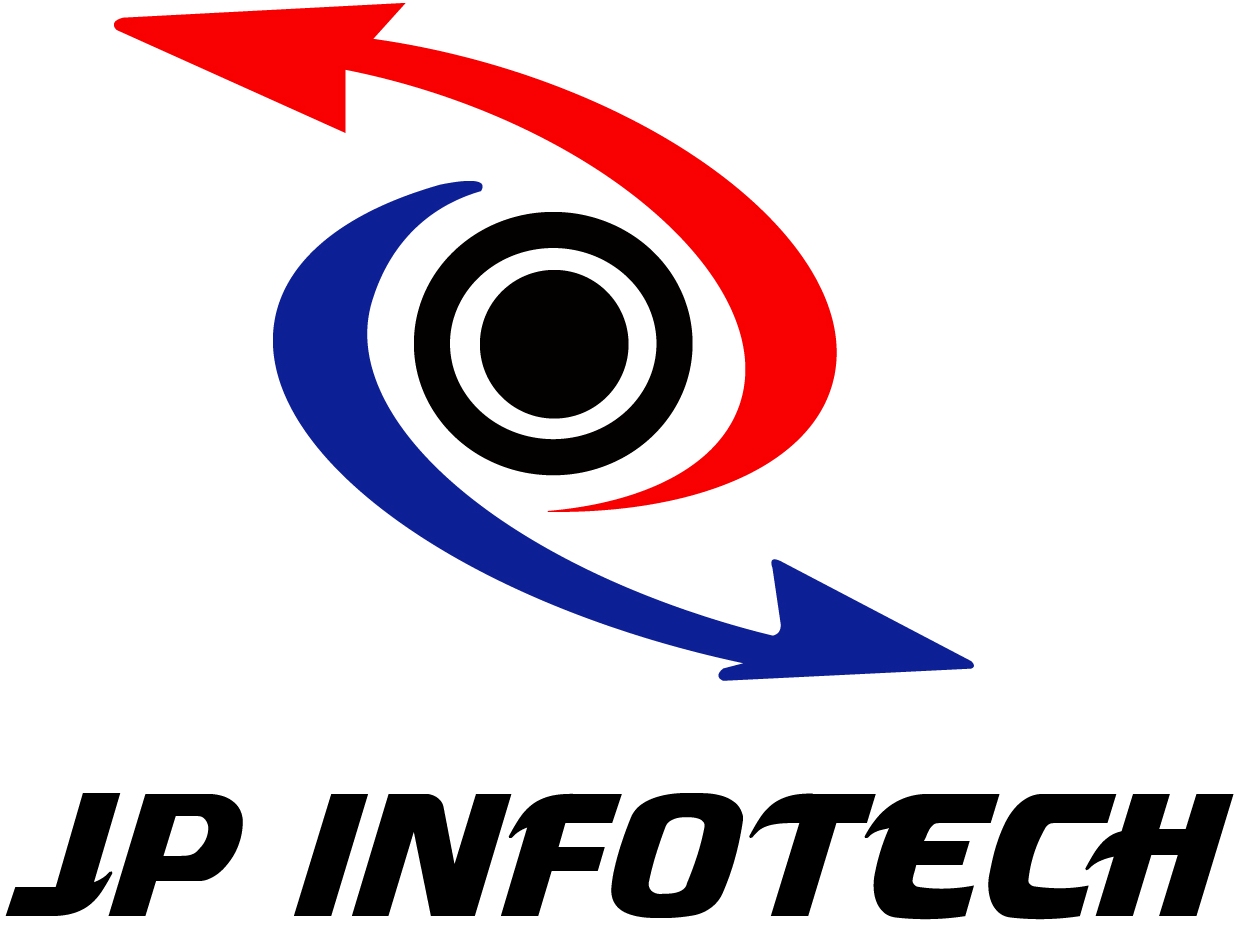Content Sharing over Smartphone-Based Delay-Tolerant
Networks
ABSTRACT:
With the growing number of smartphone users,
peer-to-peer ad hoc content sharing is expected to occur more often. Thus, new
content sharing mechanisms should be developed as traditional data delivery
schemes are not efficient for content sharing due to the sporadic connectivity
between smartphones. To accomplish data delivery in such challenging
environments, researchers have proposed the use of store-carry-forward
protocols, in which a node stores a message and carries it until a forwarding
opportunity arises through an encounter with other nodes. Most previous works
in this field have focused on the prediction of whether two nodes would
encounter each other, without considering the place and time of the encounter.
In this paper, we propose discover-predict-deliver as an efficient content
sharing scheme for delay-tolerant smartphone networks. In our proposed scheme,
contents are shared using the mobility information of individuals.
Specifically, our approach employs a mobility learning algorithm to identify places
indoors and outdoors. A hidden Markov model is used to predict an individual’s
future mobility information. Evaluation based on real traces indicates that
with the proposed approach, 87 percent of contents can be correctly discovered
and delivered within 2 hours when the content is available only in 30 percent
of nodes in the network. We implement a sample application on commercial
smartphones, and we validate its efficiency to analyze the practical
feasibility of the content sharing application. Our system approximately
results in a2 percent CPU overhead and reduces the battery lifetime of a
smartphone by 15 percent at most.
EXISTING SYSTEM:
One way to reduce a user’s burden is to
rely on an ad hoc method of peer-to-peer content sharing. In this method,
contents are spontaneously discovered and shared. The effectiveness of this
sharing method depends on the efficiency of sharing and the significance of the
shared contents. In this paper, we mainly focus on the efficiency of content
sharing, and we provide suggestions on creating significant content. Therefore,
Delay-Tolerant Network (DTN) routing protocols achieve better performance than
traditional mobile ad hoc network (MANET) routing protocols.
DISADVANTAGES
OF EXISTING SYSTEM:
·
They mainly focused on limiting search
query propagation and proposed a number of query processing methods. And not
focus on the geographic search query propagation limit.
·
Did not address the problem of indoor
content sharing. Many routing protocols simply oversee the issue of obtaining
location information indoors. In our work, we examine a network of smartphones,
with the consideration that smartphone carriers spend most of their time
indoors where GPS cannot be accessed.
PROPOSED SYSTEM:
In this paper, we propose
discover-predict-deliver (DPD) as an efficient content sharing scheme for
smartphone-based DTNs. DPD assumes that the communications between smartphones
arise in a set of locations where smartphone carriers stay for a significant duration.
It employs a hidden Markov model and Viterbi algorithm to predict the future
locations of individuals.
The goal of our work is to explore the solutions to
the content sharing problem in smartphone-based DTNs. These solutions are the
efficient discovery of contents and their delivery to the proper destinations
within a given time.
ADVANTAGES
OF PROPOSED SYSTEM:
Ø We
develop a practical place (mobility) learning scheme for both outdoors and
indoors. Also, we design a mobility prediction algorithm to accurately estimate
the contact opportunities for smartphone users.
Ø We
evaluate the proposed scheme using simulation tools based on real human
movement traces.
Ø We
validate the feasibility of content sharing with DTN by implementing a sample
application on commercial smart phones.
ALGORITHMS USED:
ü Algorithm
1. Utility Computation
ü Algorithm
2. Mobility Learning
SYSTEM CONFIGURATION:-
HARDWARE CONFIGURATION:-
ü Processor - Pentium –IV
ü Speed - 1.1
Ghz
ü RAM - 256
MB(min)
ü Hard Disk -
20 GB
ü Key Board -
Standard Windows Keyboard
ü Mouse - Two
or Three Button Mouse
ü Monitor - SVGA
SOFTWARE CONFIGURATION:-
ü Operating System : Windows XP
ü Programming Language :
JAVA
ü Java Version :
JDK 1.6 & above.
REFERENCE:
Elmurod Talipov, Yohan Chon, and
Hojung Cha, Member, IEEE-“Content Sharing over Smartphone-Based Delay-Tolerant
Networks”- IEEE TRANSACTIONS ON MOBILE
COMPUTING, VOL. 12, NO. 3, MARCH 2013



